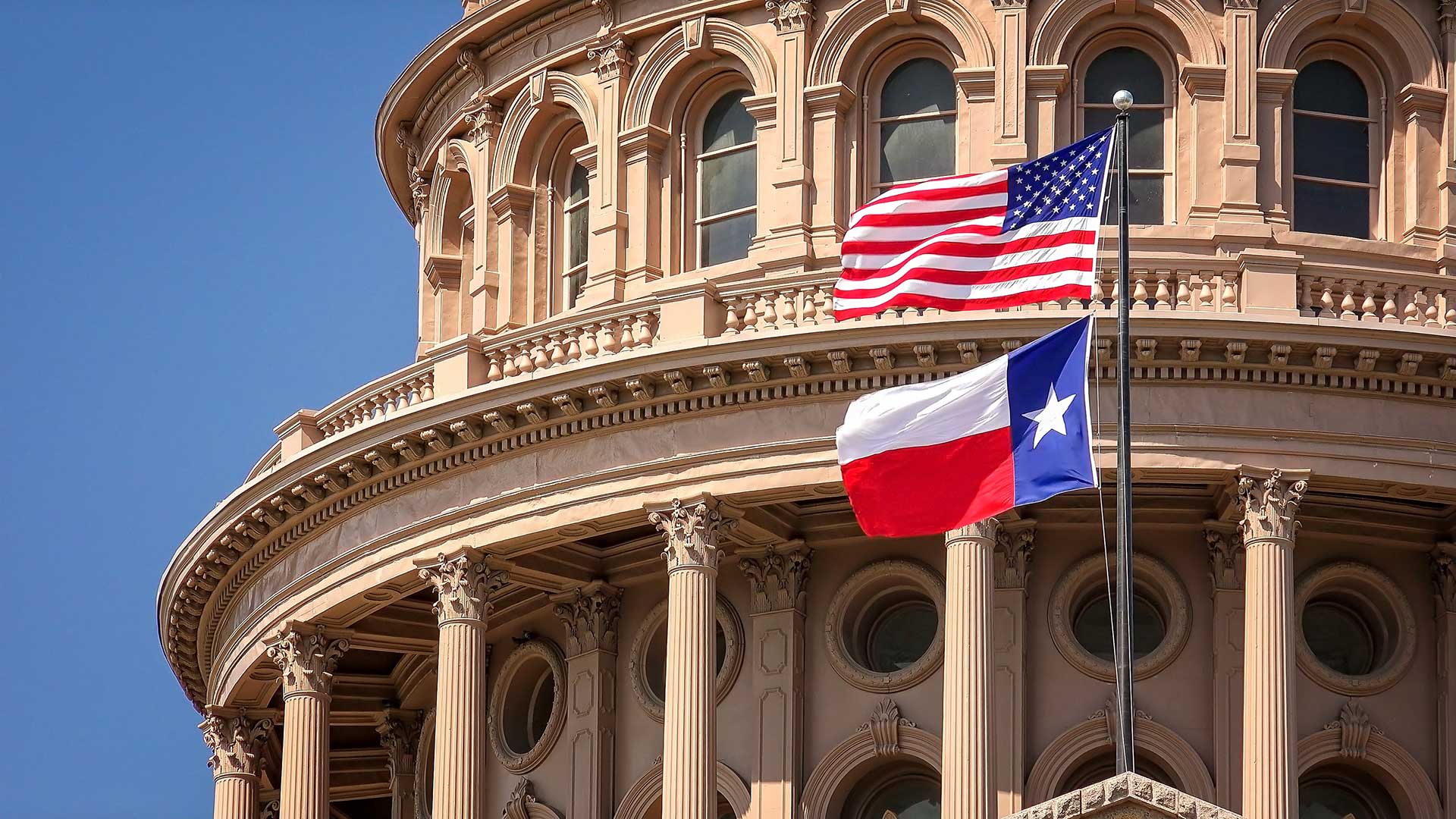
The Texas Senate passed a bill that would allow voters to decide whether local governments could slash law enforcement budget cuts.
According to the Texas Tribune, Senate Bill 23, authored by Republican Sen. Joan Huffman of Houston, would require cities or counties to hold elections before reducing police funding. The bill obtained broad support, passing with a 28-2 vote.
“This sends a message to the citizens that we are going to back the blue,” Huffman said on the Senate floor. “That’s what this bill intends to do.”
Huffman said that the bill puts the question to voters instead of prohibiting or punishing funding decreases outright.
SB 23 would require a local election if a Texas city or county wanted to cut a law enforcement agency’s share of the previous year’s budget, lower the number of officers, or reduce funds for officer training and recruitment.
The bill defines a budget cut by examining law enforcement’s share of the budget; if a city faced a budget shortfall, law enforcement funds would fall proportionally, which would not be considered a budget cut.
“If the jurisdiction has a difficult fiscal year and is forced to cut its entire budget by 10%, it can cut the law enforcement budget by up to 10% in that scenario, but it cannot cut it anymore than that unless the voter’s approve,” Huffman said in a March committee hearing.
Furthermore, if the state determines that a city or county did cut a law enforcement budget without voter approval, the local government will be prohibited from raising property taxes the next year as punishment.
The bill is largely a response to the city of Austin cutting its police funding by a third, to which Texas Governor Greg Abbott responded would “put the brave men and women of the Austin Police Department and their families at greater risk.”
As SB23 was called, Lieutenant Governor Dan Patrick said, “The city of Austin is the reason this bill is passing. Not to send a message, not to be political, but to be sure there’s not another Austin.”
Abbott has been a vocal critic of the push to defund law enforcement following police brutality and racial injustice protests last year, and fully supports the new Senate bill. He previously said at a meeting with law enforcement regarding police reform, “Texas is a law-and-order state, and we are going to ensure that we keep it that way.”
Chris Jones with the Combined Law Enforcement Associations of Texas supports the bill, and said an election would have prevented Austin officials from reacting quickly in response to protests on City Hall.
“We don’t believe that the opinion of the entire community was reflected in those comments and protests,” he said.
However, a minority of Democrats and advocates for police reform oppose the bill, calling it a political ploy. They argue that it would take away local government control and force costly elections.
State Sen. John Whitmire, D-Houston, said the bill was a political message that would “micromanage city councils and county commissioners.”
There are also some opponents in the law enforcement camp. While Austin’s former police chief spoke out against the budget cuts, the interim police chief, Joseph Chacon, called SB23 “an overstep by the legislature.”
“We believe that there may be times that a designated priority may need additional funding over that of the police department and which can be reallocated from the police without negatively impacting police services,” Chacon said. “That is what we did in the latest budget cycle.”
Leaders across the state also argue that by putting fiscal legislation up for a vote, it takes the power out of the hands of the representatives and the ability to do their job.
“Most importantly, we have an election every two years when they elect the council members to represent their districts. So if people are not supportive of the direction the council is taking the city, they can vote those council members out,” said Dallas City Council member Lee Kleinman.
The bill moves to a more moderate House where its fate is uncertain, although Republicans still hold a slight edge.





